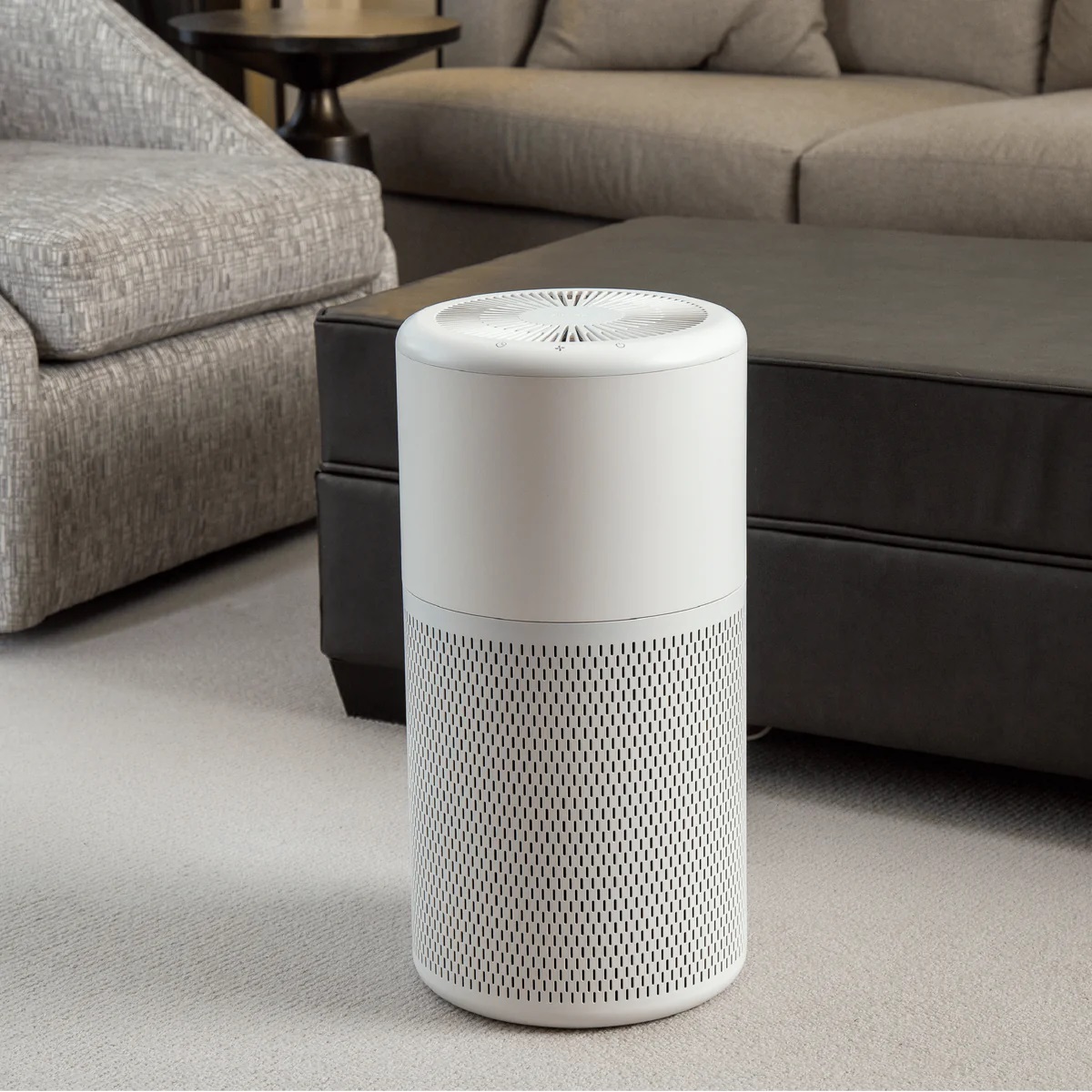

Articles
What Is Hepa Air Purifier
Modified: January 6, 2024
Learn about the benefits of using HEPA air purifiers for cleaner indoor air and discover informative articles on different types and features of air purifiers, including HEPA filters and their effectiveness.
(Many of the links in this article redirect to a specific reviewed product. Your purchase of these products through affiliate links helps to generate commission for Storables.com, at no extra cost. Learn more)
Introduction
When it comes to ensuring the air we breathe is clean and free from pollutants, a HEPA air purifier is an indispensable tool. In recent years, there has been an increasing awareness of indoor air quality and its impact on our health. From allergens and dust particles to pet dander and airborne viruses, our homes and offices can harbor a multitude of airborne contaminants that can pose a threat to our well-being.
HEPA stands for High-Efficiency Particulate Air, and a HEPA air purifier is designed to capture and remove tiny airborne particles that are as small as 0.3 microns in diameter. These particles include dust, pollen, mold spores, pet allergens, and even bacteria. Investing in a HEPA air purifier can make a significant difference in the quality of the air you breathe, providing a cleaner and healthier indoor environment.
In this article, we will explore what a HEPA air purifier is, how it works, the benefits of using one, and factors to consider when choosing the right HEPA air purifier for your needs.
Key Takeaways:
- HEPA air purifiers effectively capture and remove tiny particles, allergens, and pollutants, promoting cleaner air and better respiratory health. They also reduce the risk of airborne diseases and provide relief for allergy sufferers.
- When choosing a HEPA air purifier, consider factors such as room size, CADR rating, filter quality, noise level, additional features, energy efficiency, price, and warranty to ensure optimal air purification and long-term satisfaction. Regular maintenance is essential for continued effectiveness.
Read also: 11 Best Air Purifier Hepa For 2024
Definition of HEPA Air Purifier
A HEPA air purifier is a type of air cleaning device that utilizes a highly effective filtration system to remove harmful airborne particles from the air. The term “HEPA” refers to the filter used in these purifiers, which is a High-Efficiency Particulate Air filter.
The HEPA filter is capable of capturing and trapping small particles that may be present in the air, such as dust, pollen, pet dander, smoke particles, and even some bacteria and viruses. The HEPA filter is composed of a dense mat of randomly arranged fibers that create a maze-like pathway for the air to pass through, effectively trapping particles and preventing them from being recirculated back into the room.
To meet the standards of a true HEPA filter, it must be able to capture at least 99.97% of particles that are 0.3 micrometers or larger in size. This makes HEPA air purifiers highly effective at removing even the smallest particles that may pose a risk to your respiratory health.
It is important to note that HEPA air purifiers are different from other types of air purifiers, such as electrostatic precipitators or activated carbon filters. While these types of purifiers may also be effective in removing certain pollutants from the air, they do not meet the stringent standards set by HEPA filters in terms of particle size and filtration efficiency.
HEPA air purifiers can be standalone units that are placed in a room or integrated into the HVAC system to purify the air throughout an entire building. They are commonly used in homes, offices, hospitals, and other indoor environments where maintaining clean and healthy air quality is crucial.
How Does a HEPA Air Purifier Work?
A HEPA air purifier works by pulling in air from the surrounding environment and passing it through its comprehensive filtration system. The key component of this system is the HEPA filter, which is designed to capture and trap tiny particles that may be present in the air.
Here is a step-by-step breakdown of how a HEPA air purifier works:
- Air Intake: The air purifier draws in air from the surrounding environment through an intake mechanism, which is usually located on the front or sides of the purifier. Some purifiers may also have a pre-filter that helps capture larger particles, such as dust and pet hair, before they reach the HEPA filter.
- HEPA Filtration: Once the air is pulled into the purifier, it passes through the HEPA filter. The HEPA filter consists of a dense mat of fibers arranged in a random pattern. As the air travels through the filter, the small particles become trapped in the fibers, while the clean air continues to move through.
- Clean Air Delivery: After passing through the HEPA filter, the purified air is released back into the room through the air outlet of the air purifier. This ensures that the air circulating in the space is free from microscopic particles that could potentially affect your health.
It is important to note that HEPA air purifiers are highly efficient in removing fine particles from the air, but they do not eliminate gases, odors, or volatile organic compounds (VOCs) on their own. Some advanced models may include additional filters, such as activated carbon filters, to help reduce these types of pollutants. Additionally, HEPA air purifiers are most effective when used in a closed environment, where the air can be continuously filtered and recirculated.
Regular maintenance of a HEPA air purifier is necessary to ensure its optimal performance. This includes cleaning or replacing the filters as recommended by the manufacturer. By following the maintenance guidelines, you can prolong the lifespan of the purifier and maintain its efficiency in purifying the air.
When choosing a HEPA air purifier, look for one with a True HEPA filter, which can capture 99.97% of particles as small as 0.3 microns. Also, consider the size of the room it will be used in to ensure it is powerful enough for the space.
Benefits of Using a HEPA Air Purifier
Investing in a HEPA air purifier can provide a range of benefits for your indoor environment and overall well-being. Here are some of the key advantages of using a HEPA air purifier:
- Cleaner Air: The primary benefit of a HEPA air purifier is that it effectively removes a wide range of airborne particles from the air, including dust, pollen, pet dander, mold spores, and other allergens. By capturing these particles, the purifier helps to create a cleaner and healthier indoor environment.
- Allergy Relief: For individuals who suffer from allergies or asthma, a HEPA air purifier can be particularly beneficial. It can help to reduce the presence of common allergens in the air, providing relief from symptoms such as sneezing, wheezing, and itchy eyes.
- Better Respiratory Health: By removing airborne irritants and pollutants, a HEPA air purifier can improve respiratory health for both adults and children. It can help to reduce the risk of respiratory infections, alleviate asthma symptoms, and promote overall lung function.
- Odor Reduction: While HEPA filters are primarily designed to capture particles, some models may also include activated carbon filters. These filters can help to absorb odors from cooking, pets, smoke, and other sources, leaving the air smelling fresher and cleaner.
- Reduces Risk of Airborne Diseases: HEPA air purifiers can also help to minimize the spread of airborne diseases. They can capture bacteria and viruses that may be circulating in the air, reducing the chances of transmission and promoting a healthier environment.
- Better Sleep: Many people find that using a HEPA air purifier in their bedroom can improve sleep quality. By providing cleaner air free from allergens and irritants, it can help create a more comfortable sleeping environment.
- Improved Concentration: Indoor air quality can have an impact on cognitive function and concentration. By reducing indoor air pollutants, a HEPA air purifier can contribute to better focus and productivity, particularly in home offices or study spaces.
It is worth noting that the effectiveness of a HEPA air purifier may vary depending on factors such as the size of the room, the level of pollution in the air, and the specific model and filtration system of the purifier. It is recommended to choose a HEPA air purifier that is suitable for the size of the room and regularly maintain and replace the filters as needed to ensure optimal performance.
Factors to Consider When Choosing a HEPA Air Purifier
When shopping for a HEPA air purifier, it is important to consider several factors to ensure that you select the right purifier for your specific needs. Here are some key factors to keep in mind:
- Room Size: Consider the size of the room or area where you plan to use the air purifier. HEPA air purifiers are designed to cover a specific square footage, so it is essential to choose a purifier that is suitable for the size of the space. This will ensure effective air purification throughout the entire room.
- CADR Rating: The Clean Air Delivery Rate (CADR) is a measure of how quickly the air purifier can filter the air in a room. Look for a purifier with a CADR rating that is appropriate for the size of your room. A higher CADR rating indicates a faster and more efficient air purification process.
- Filter Quality and Replacement: Check the quality of the HEPA filter used in the purifier. Ensure that it meets the standards of a true HEPA filter, capable of capturing particles as small as 0.3 microns. Also, consider the cost and availability of replacement filters. It is important to regularly replace the filters to maintain the purifier’s effectiveness.
- Noise Level: Consider the noise level of the air purifier, especially if you plan to use it in a bedroom or office where silence is important. Some air purifiers operate quietly, while others may generate more noise. Look for models with adjustable fan speeds or a quiet mode for a peaceful environment.
- Additional Features: Explore any additional features and functionalities that the air purifier may offer. Some models may include features like air quality sensors, auto mode, timer settings, or remote controls. These features can enhance convenience and customization based on your preferences.
- Energy Efficiency: Look for an energy-efficient air purifier that consumes less power while delivering optimal performance. Choose a purifier with an Energy Star certification, which indicates that it meets specific energy efficiency standards set by the Environmental Protection Agency (EPA).
- Price and Warranty: Consider your budget and the overall value of the air purifier. Compare prices among different models, keeping in mind the features and performance. Additionally, check the warranty offered by the manufacturer to ensure adequate coverage for any potential issues that may arise.
By carefully considering these factors, you can select a HEPA air purifier that suits your specific needs and provides long-term benefits in maintaining clean and healthy indoor air quality.
Read also: 12 Best Hepa Air Purifier For 2024
Conclusion
In today’s world, where indoor air quality is a growing concern, investing in a HEPA air purifier can have a significant impact on the health and well-being of occupants. HEPA air purifiers are highly efficient in removing airborne particles, allergens, and pollutants, offering a range of benefits for any indoor environment.
By effectively capturing and trapping particles as small as 0.3 microns, HEPA filters create a cleaner and healthier indoor environment. Individuals with allergies or asthma can experience relief from symptoms, and overall respiratory health can be improved for both adults and children. HEPA air purifiers also reduce the risk of airborne diseases and help eliminate unpleasant odors, creating a fresh and inviting space.
When considering a HEPA air purifier, factors such as room size, CADR rating, filter quality, noise level, additional features, energy efficiency, price, and warranty should be taken into account to make an informed decision. By choosing a purifier that meets your specific needs and preferences, you can ensure optimal air purification and long-term satisfaction.
Remember, regular maintenance of your HEPA air purifier, including the cleaning or replacement of filters, is essential to ensure its effectiveness over time. Follow the manufacturer’s guidelines to maximize the lifespan of the purifier and maintain healthy indoor air quality.
In conclusion, a HEPA air purifier is a valuable investment for anyone looking to improve indoor air quality, reduce allergens, and create a healthier living or working environment. With their advanced filtration system, HEPA air purifiers provide peace of mind, knowing that the air you breathe is clean, fresh, and free from harmful particles. Take control of your indoor air quality and prioritize your well-being by incorporating a HEPA air purifier into your space.
Frequently Asked Questions about What Is Hepa Air Purifier
Was this page helpful?
At Storables.com, we guarantee accurate and reliable information. Our content, validated by Expert Board Contributors, is crafted following stringent Editorial Policies. We're committed to providing you with well-researched, expert-backed insights for all your informational needs.
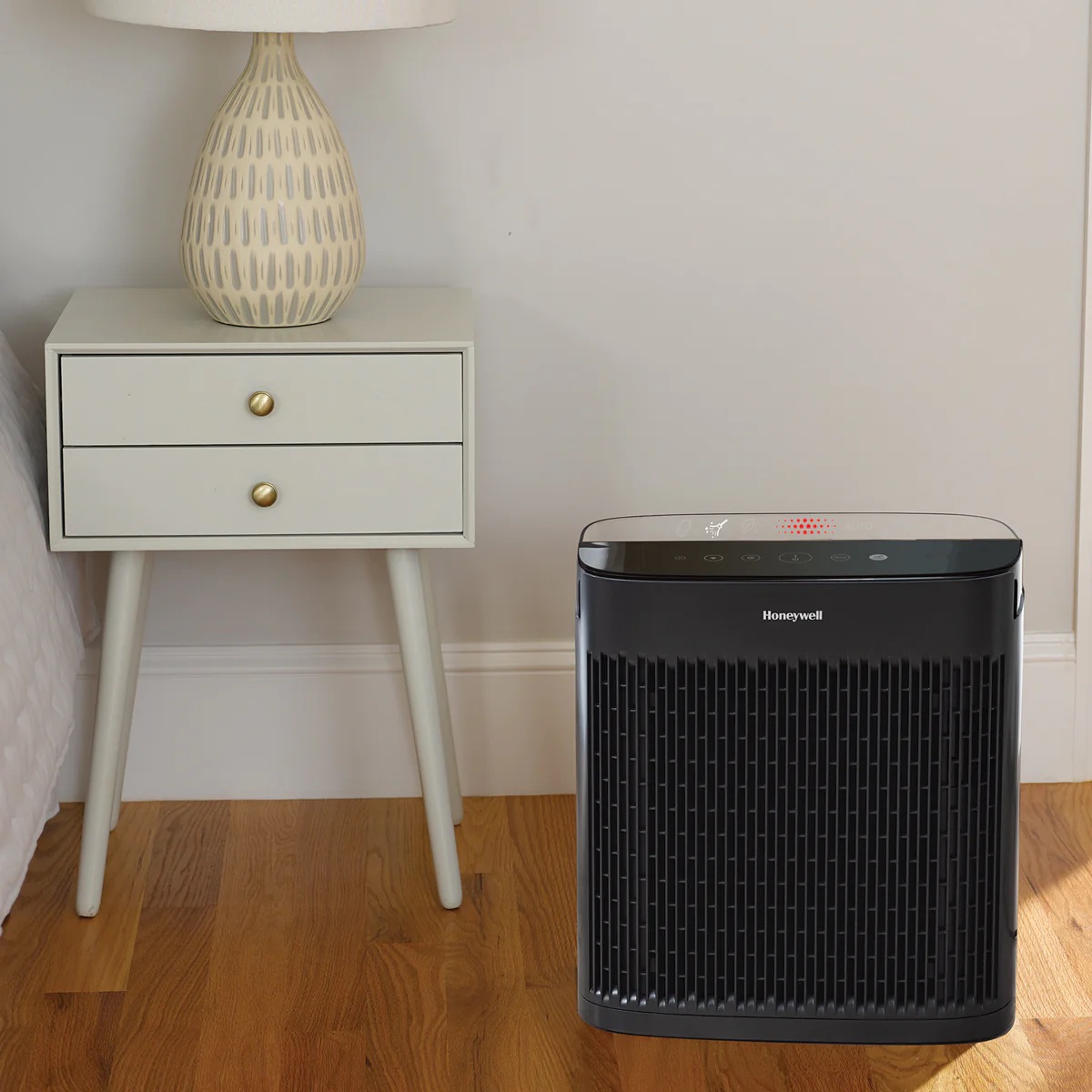
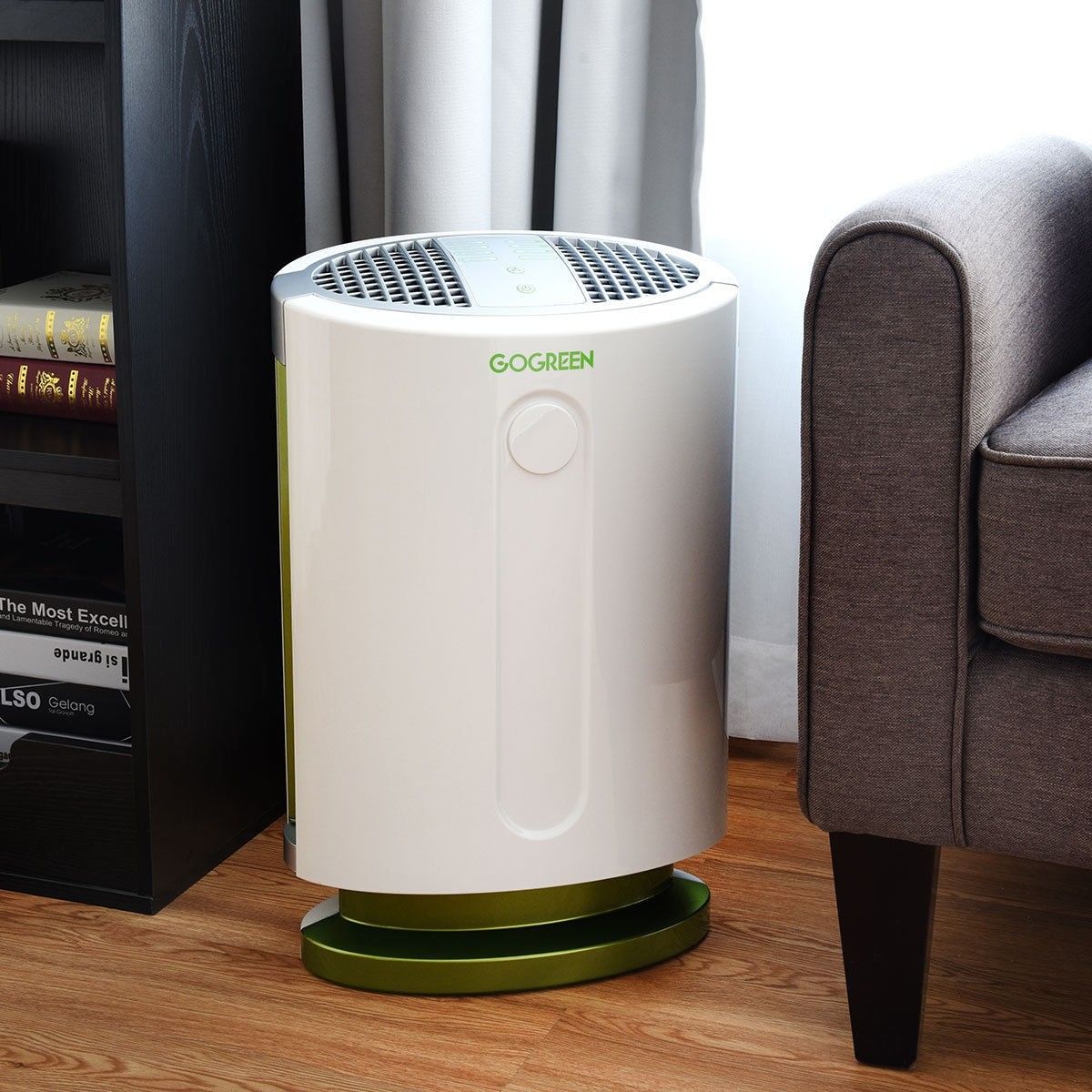
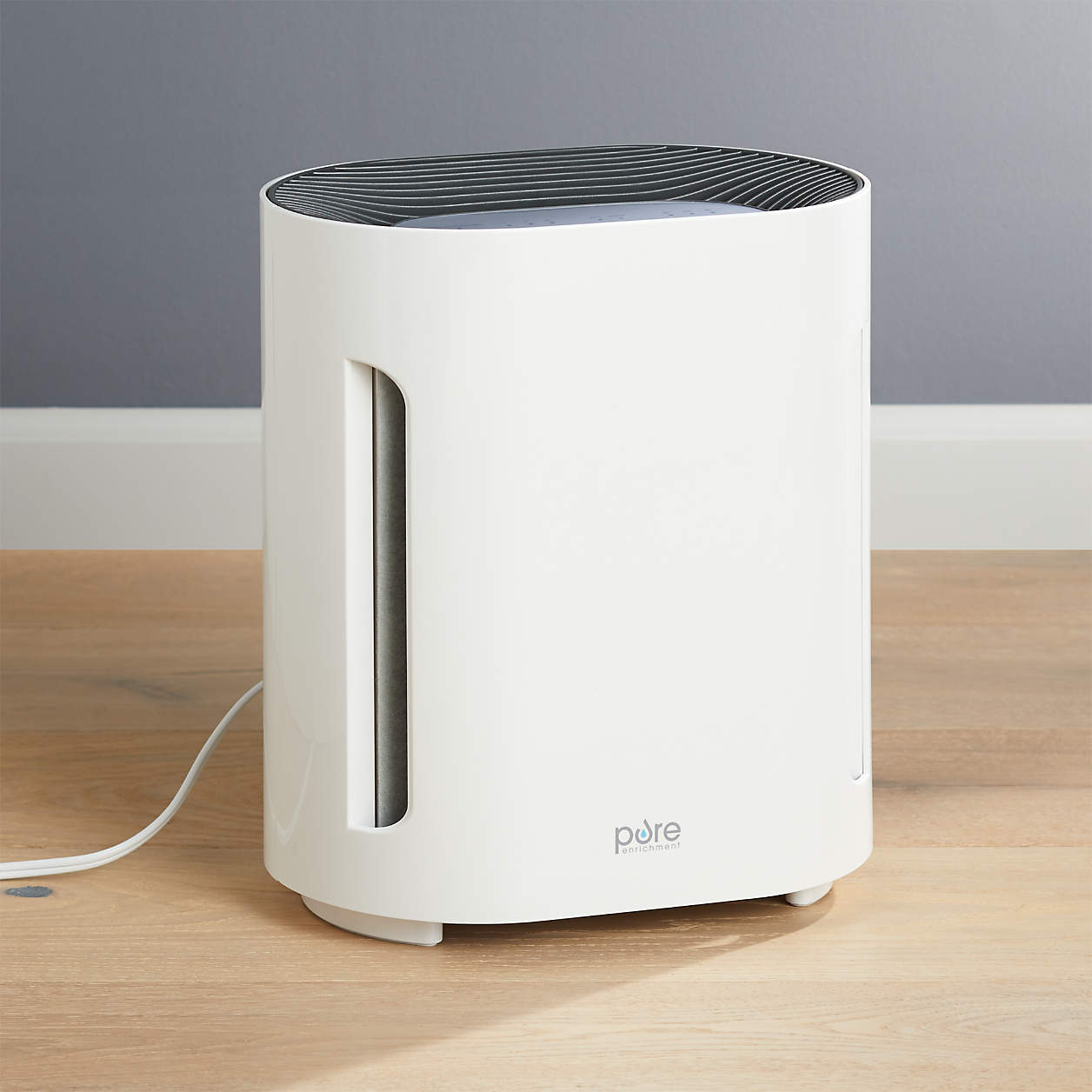
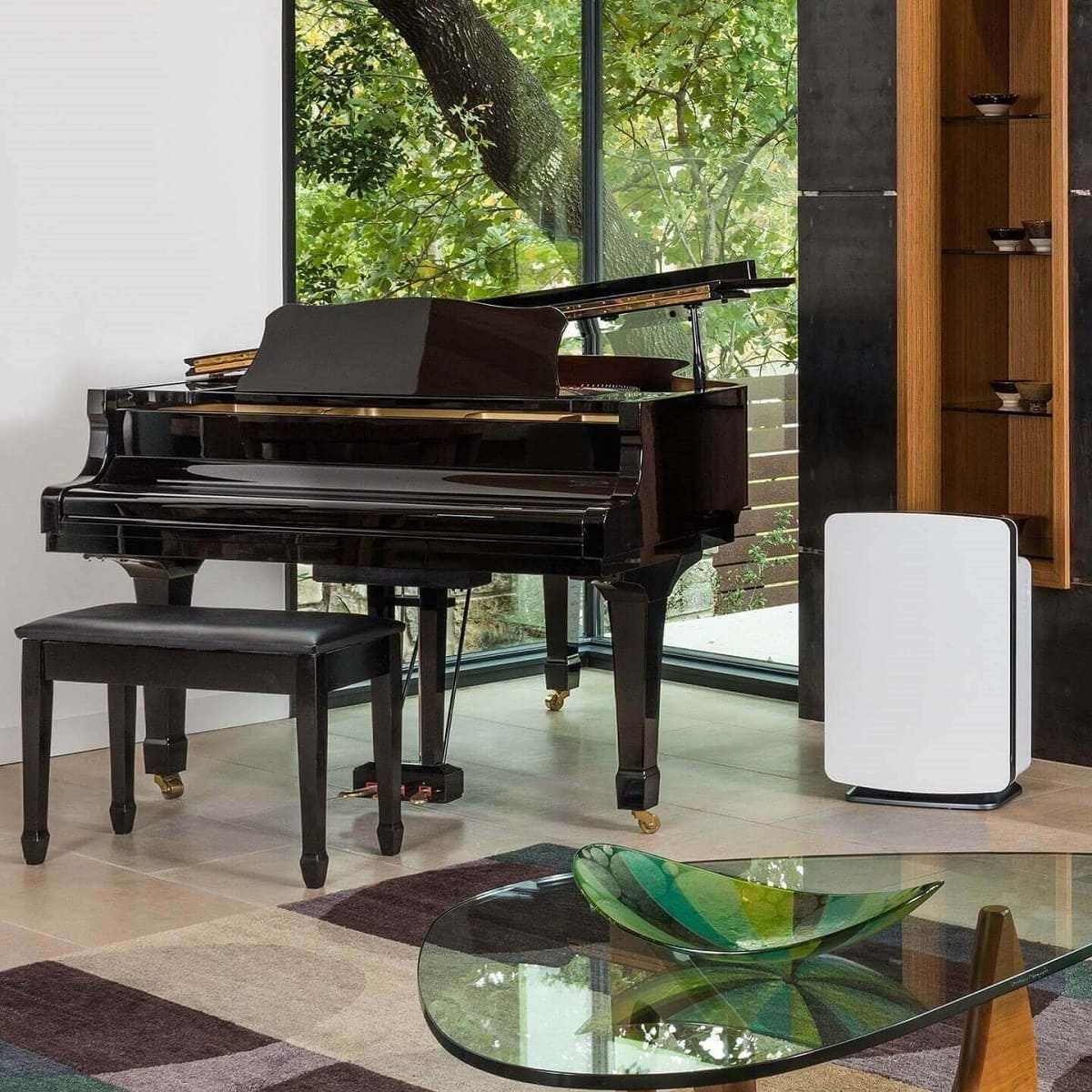
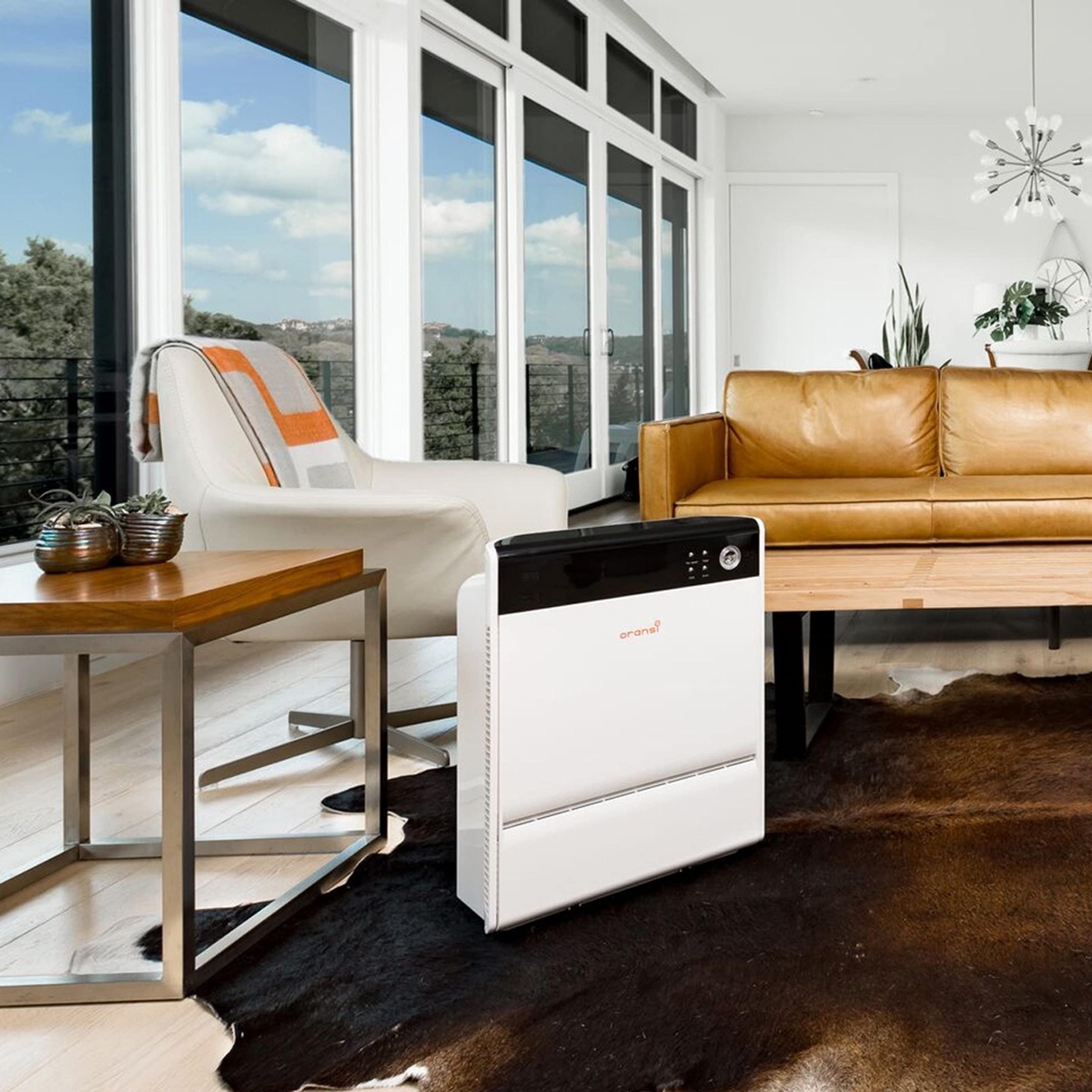
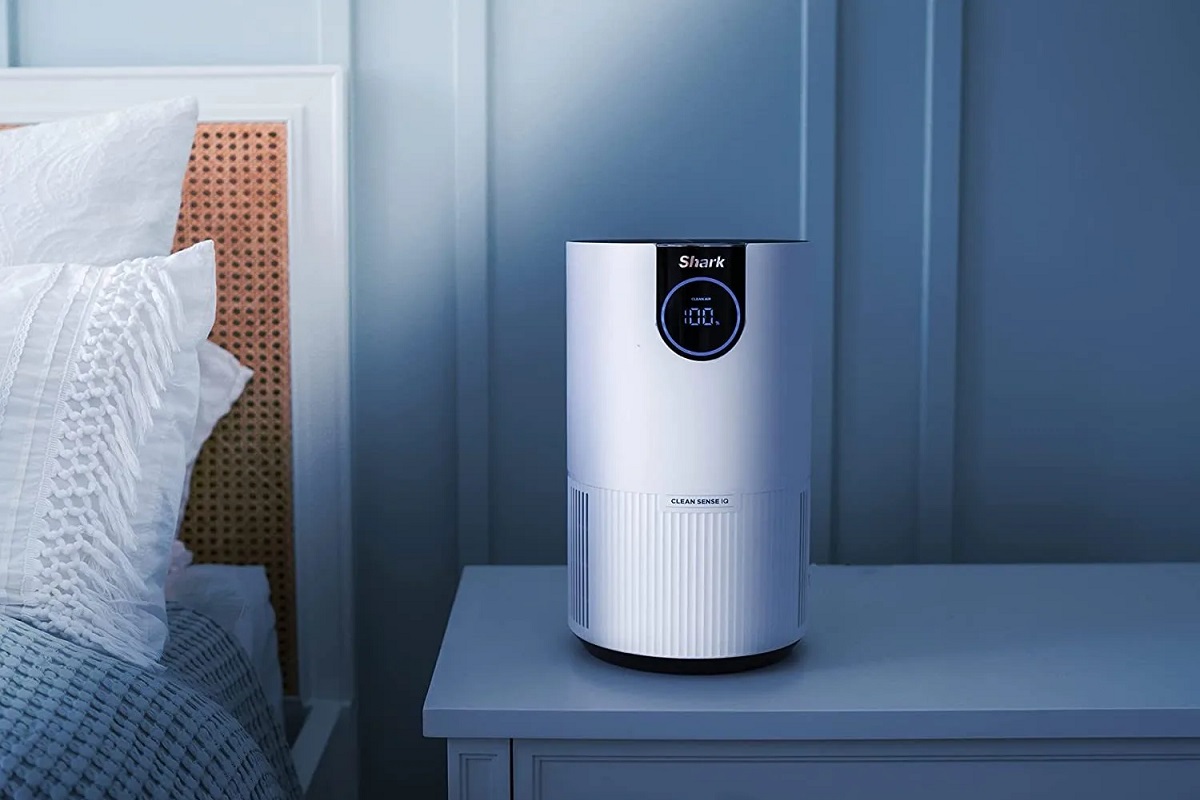
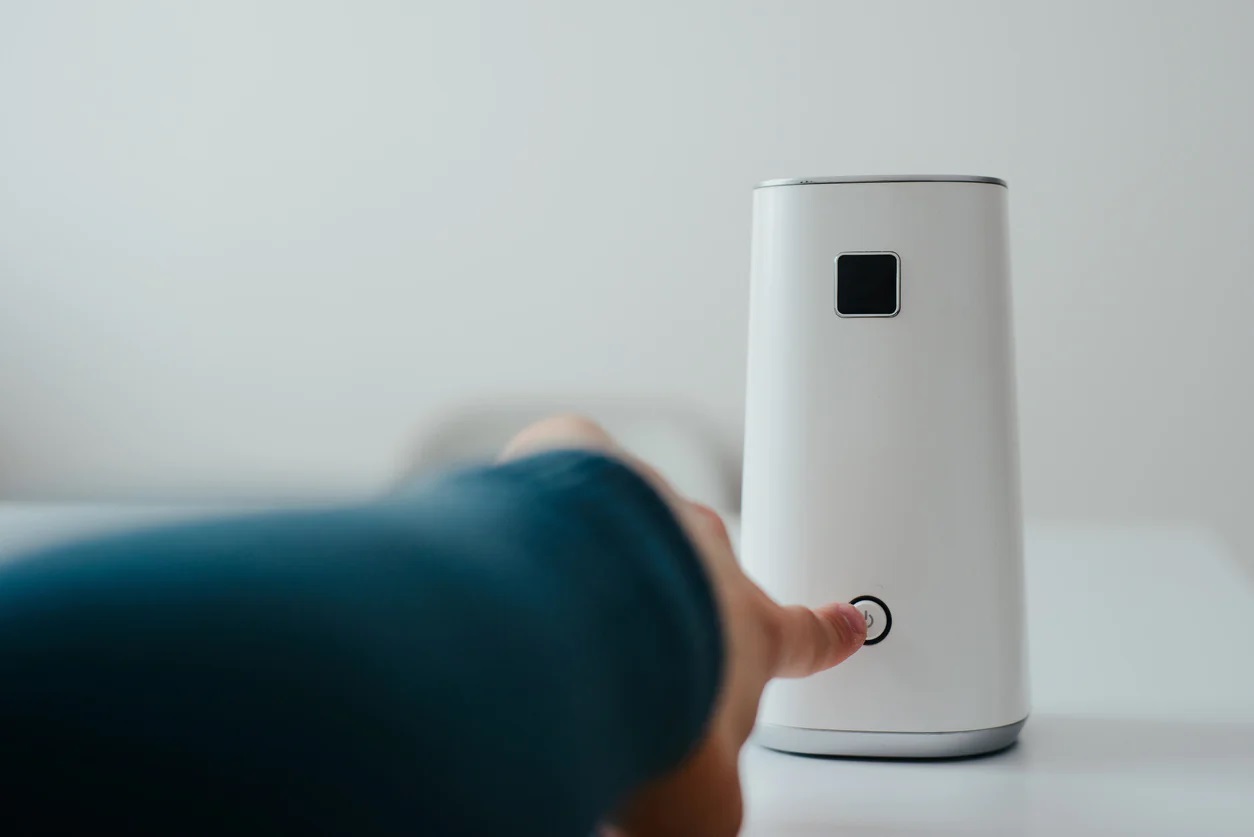
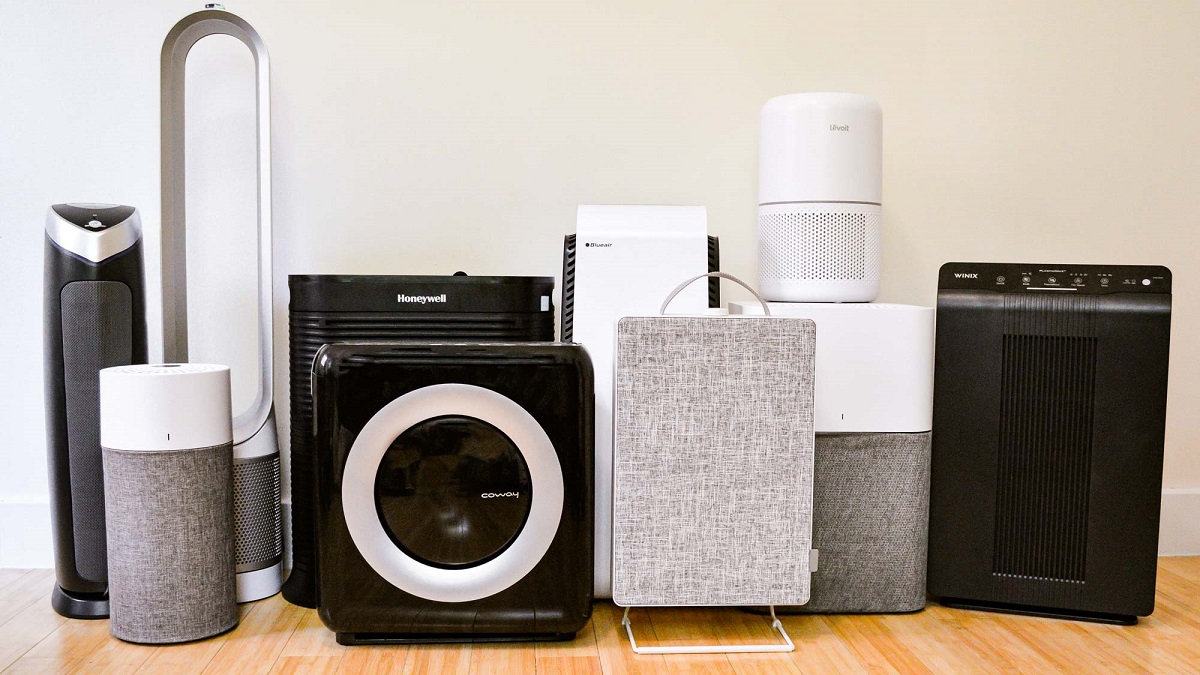
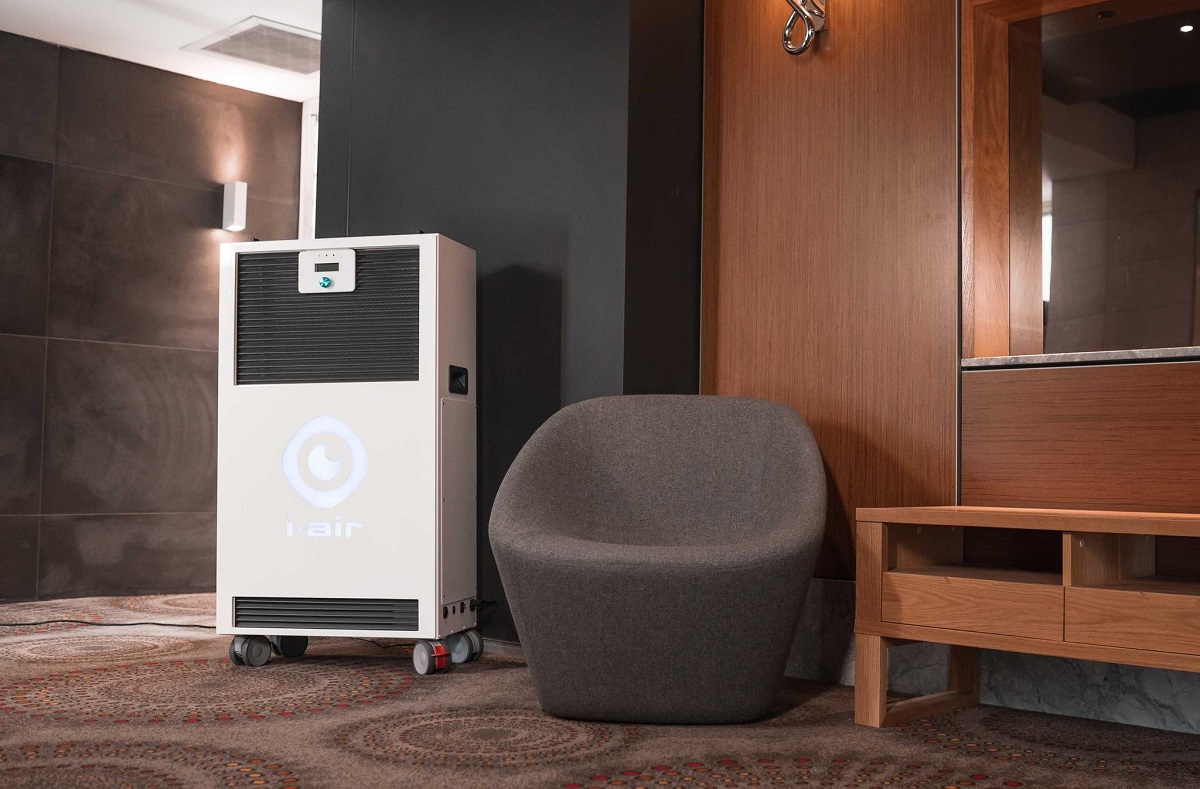
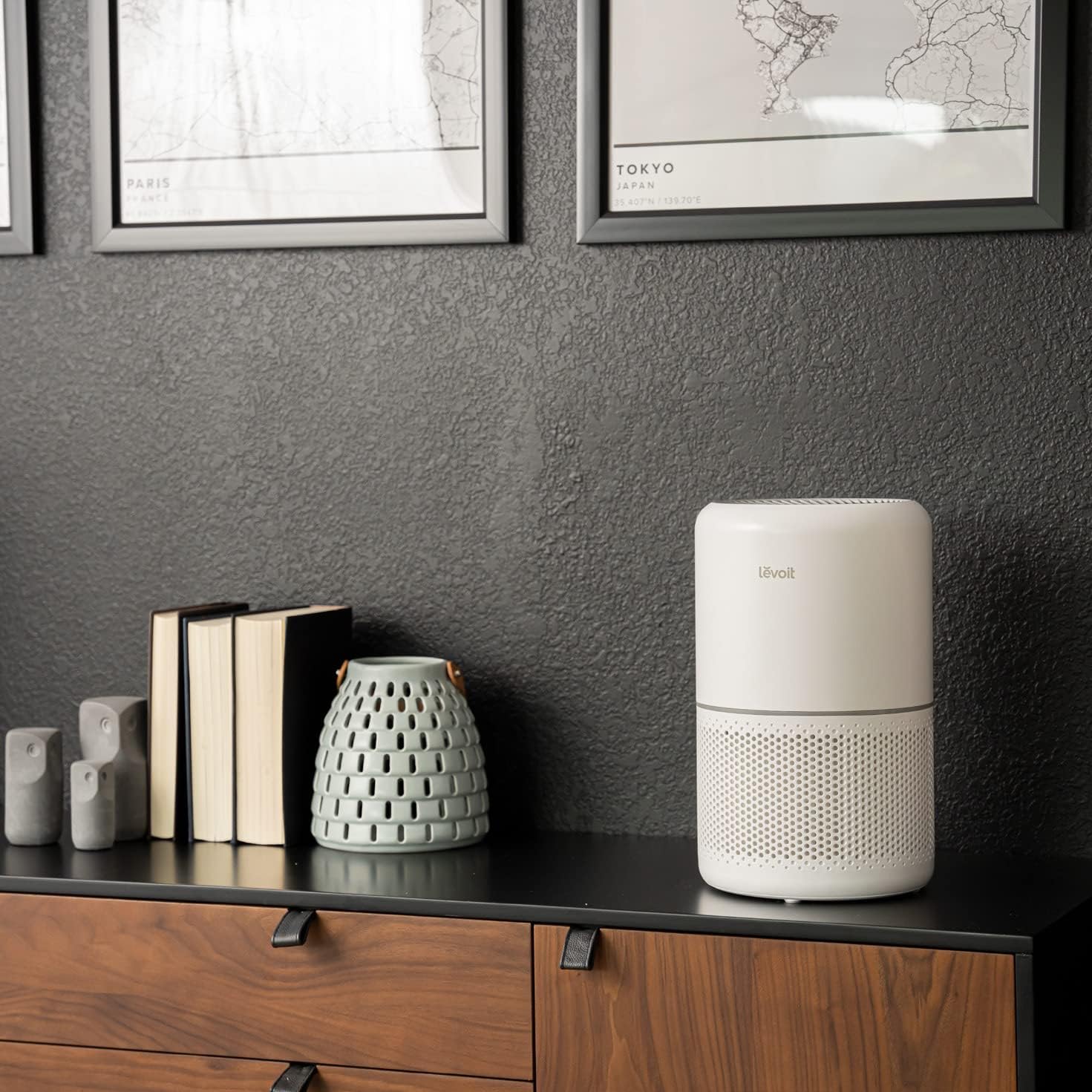

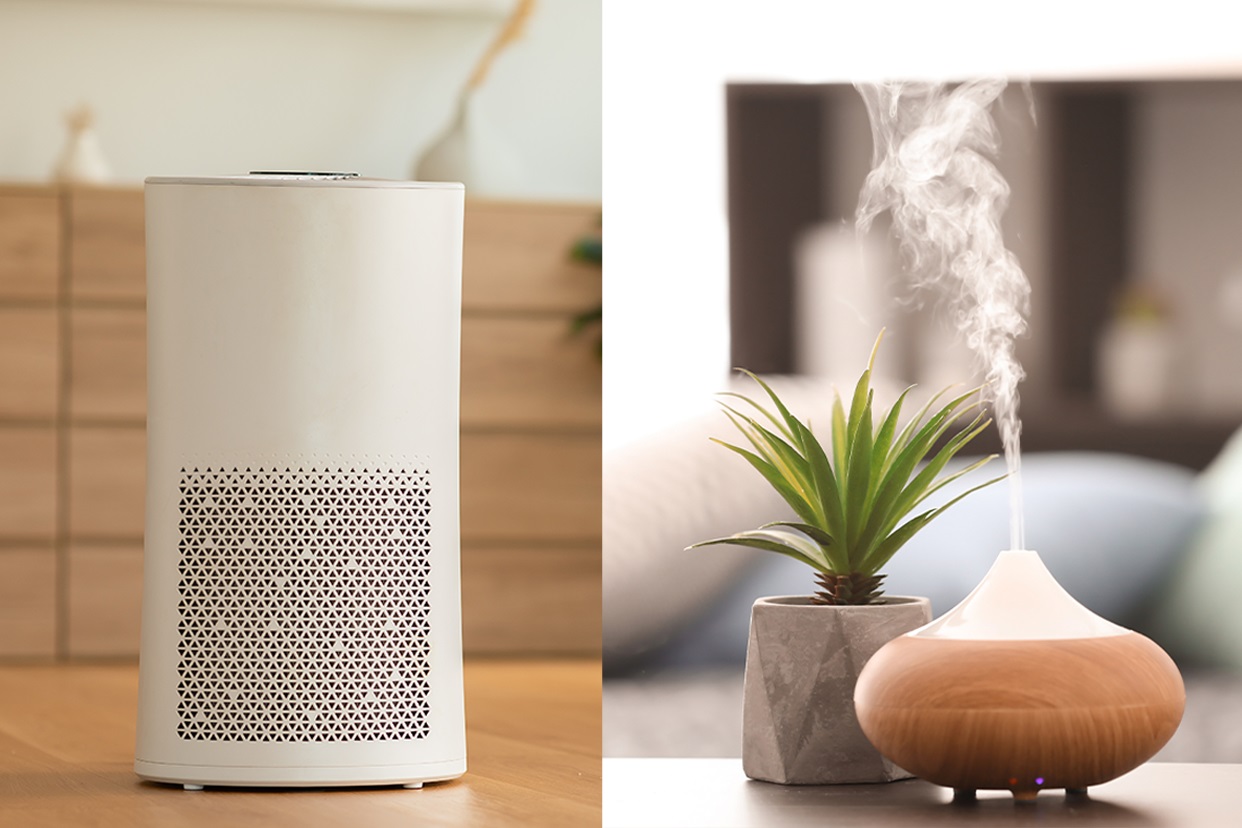
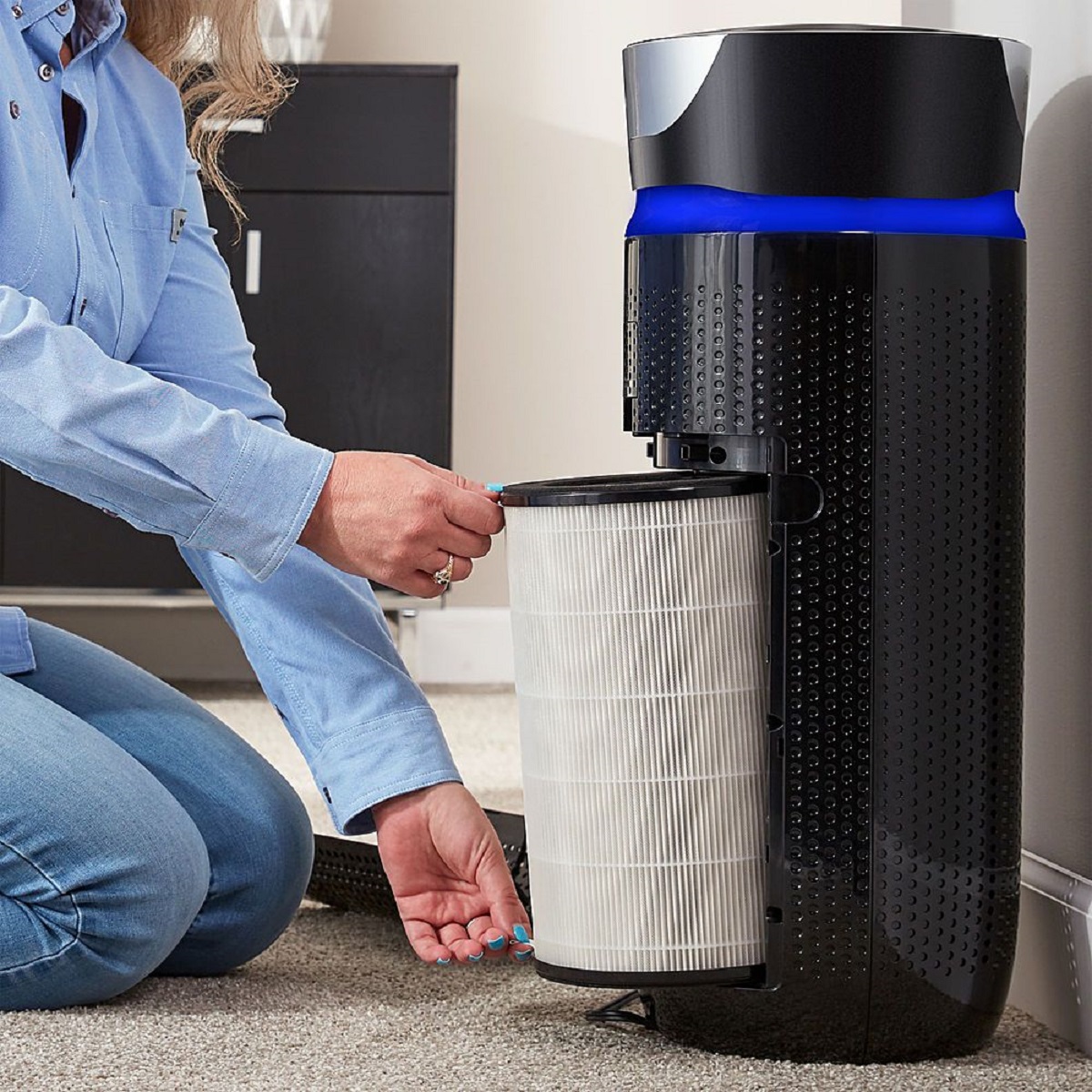
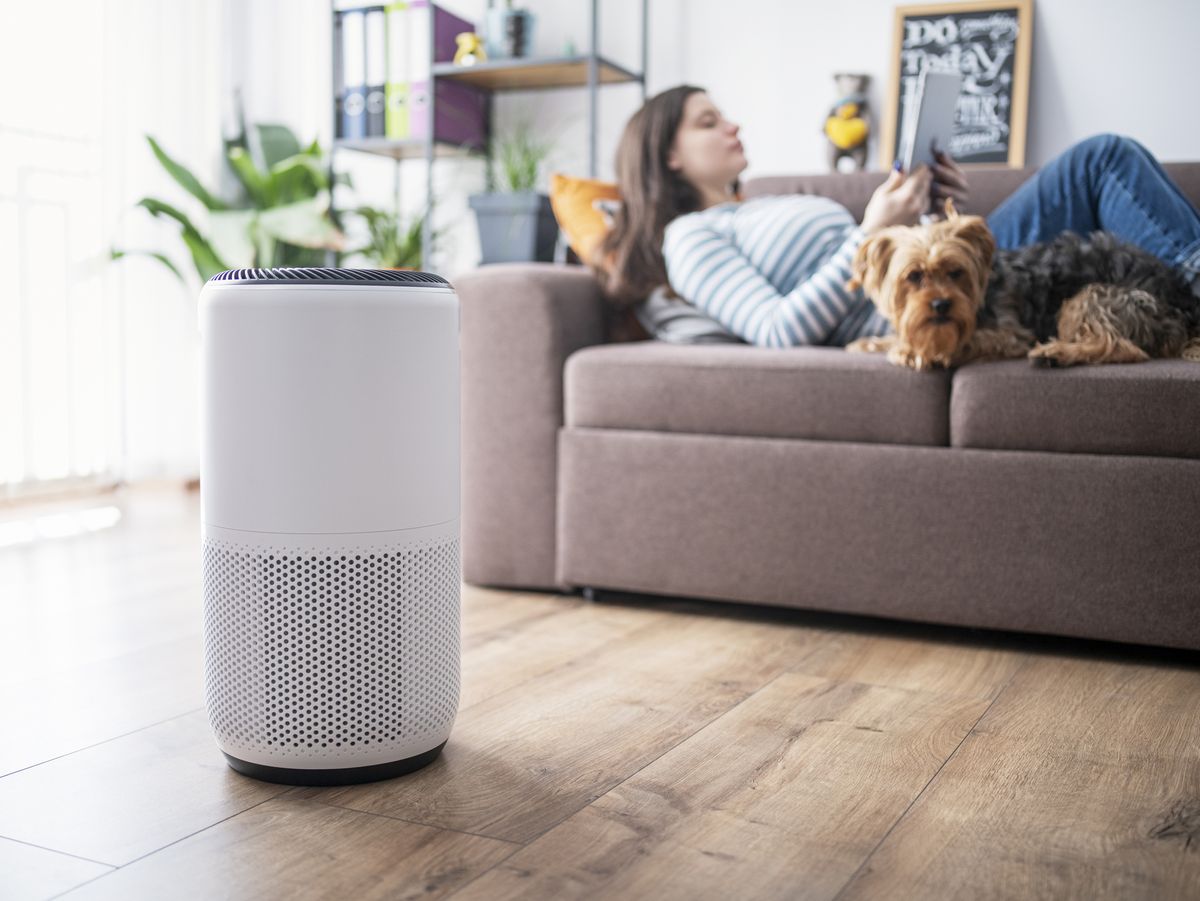

0 thoughts on “What Is Hepa Air Purifier”